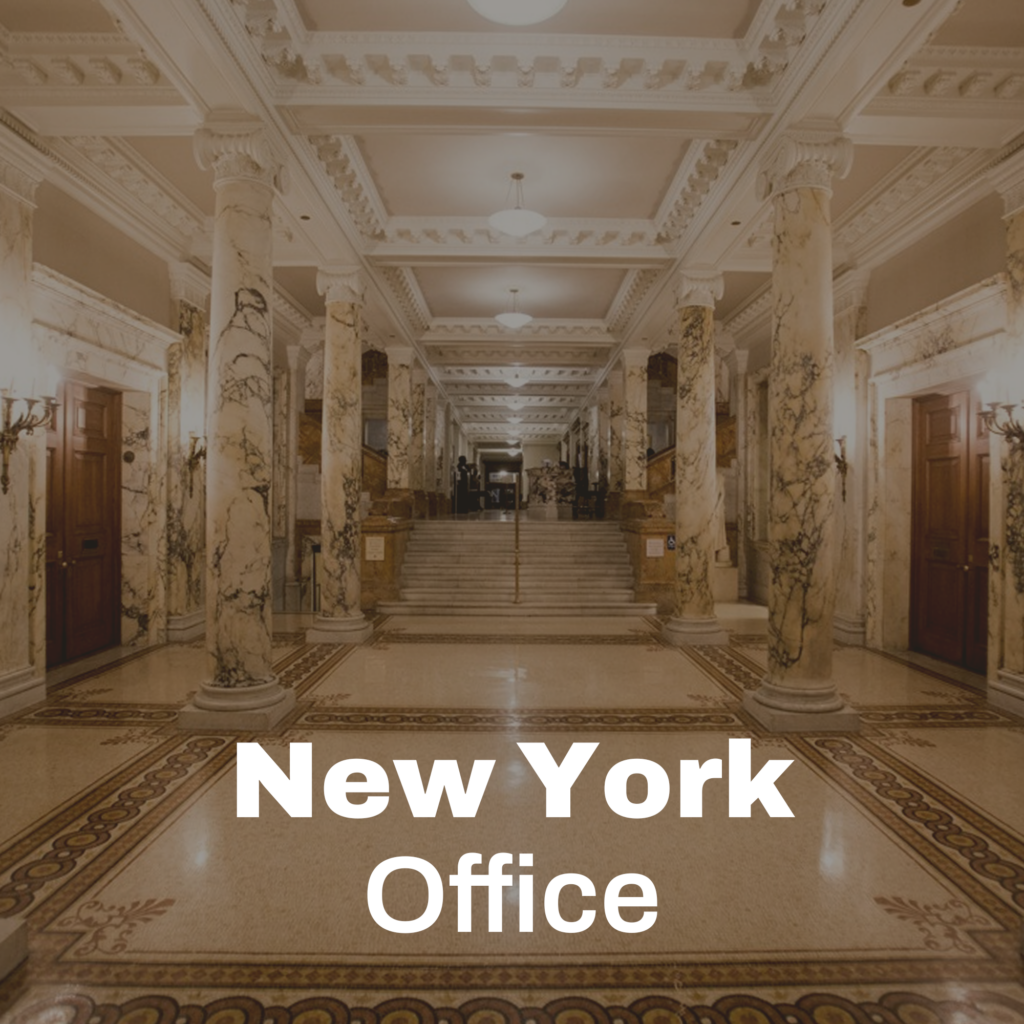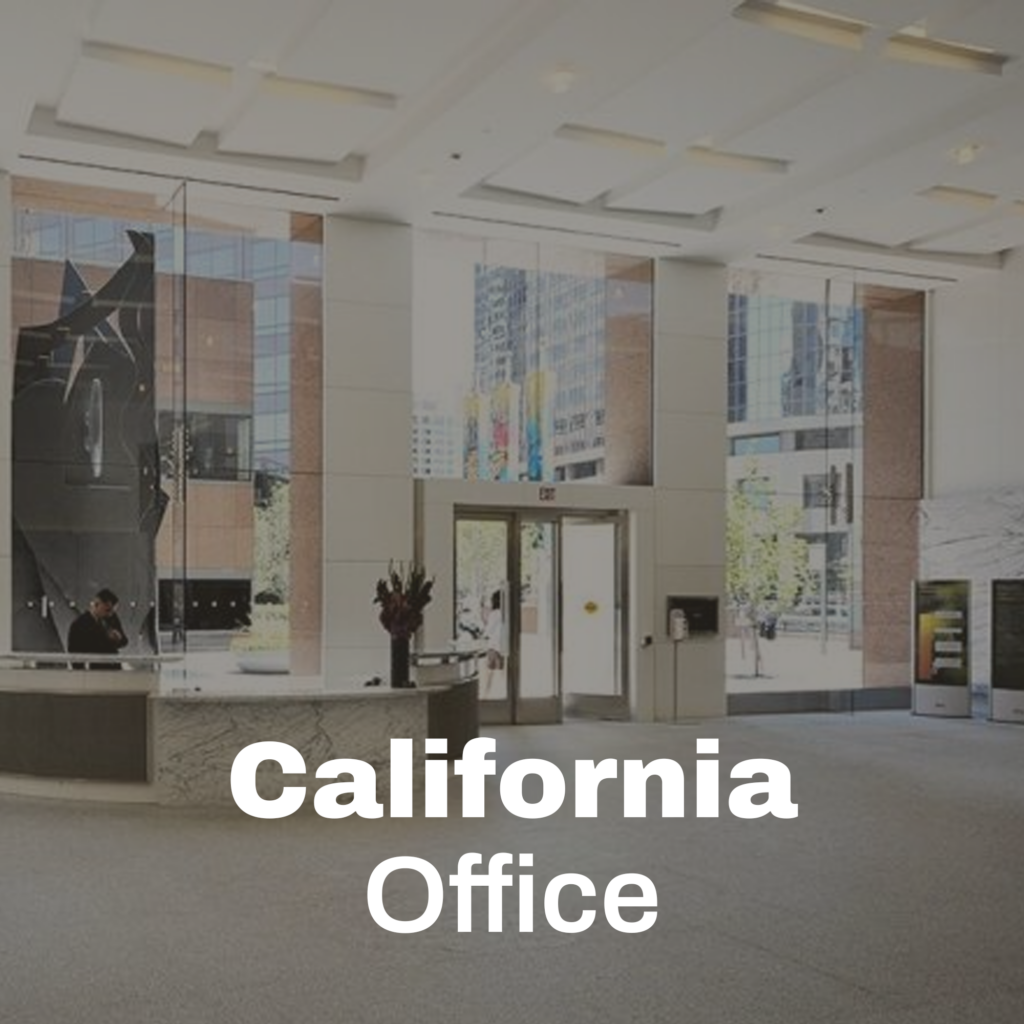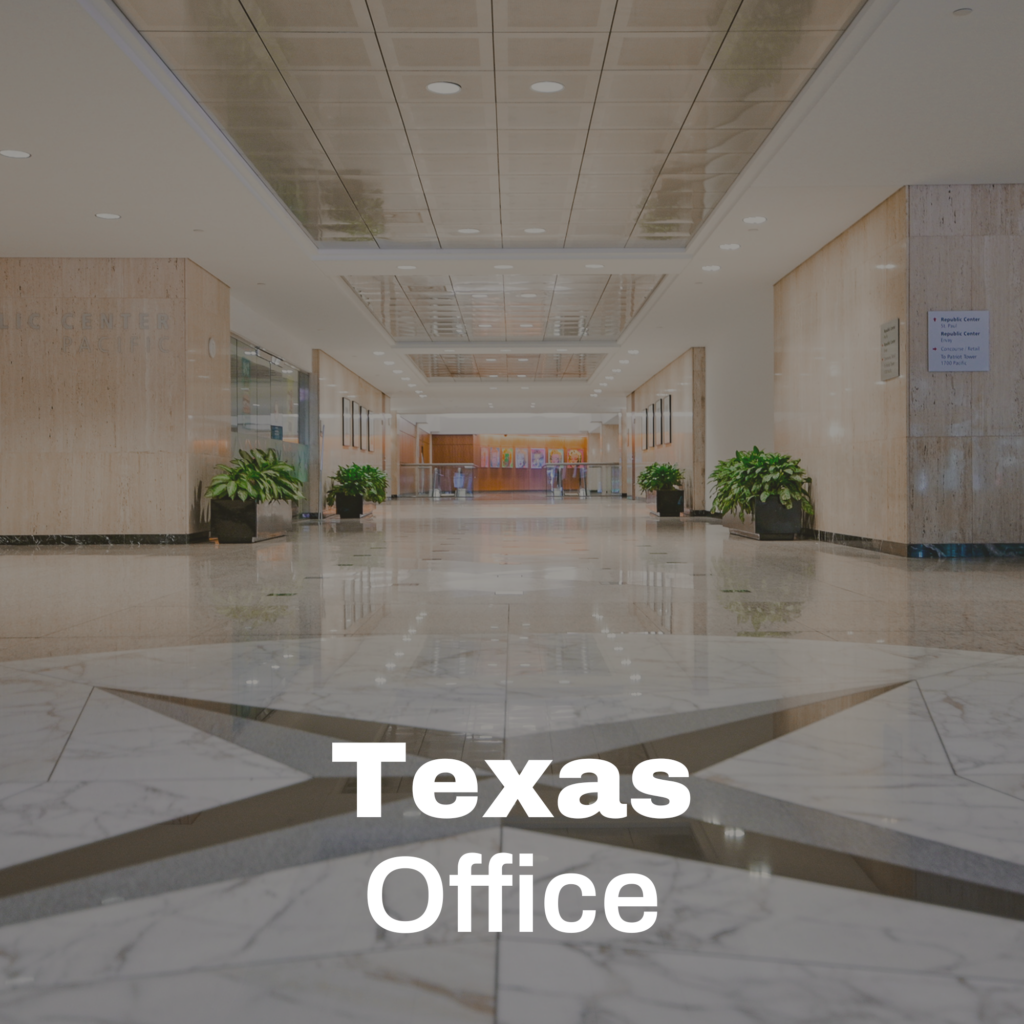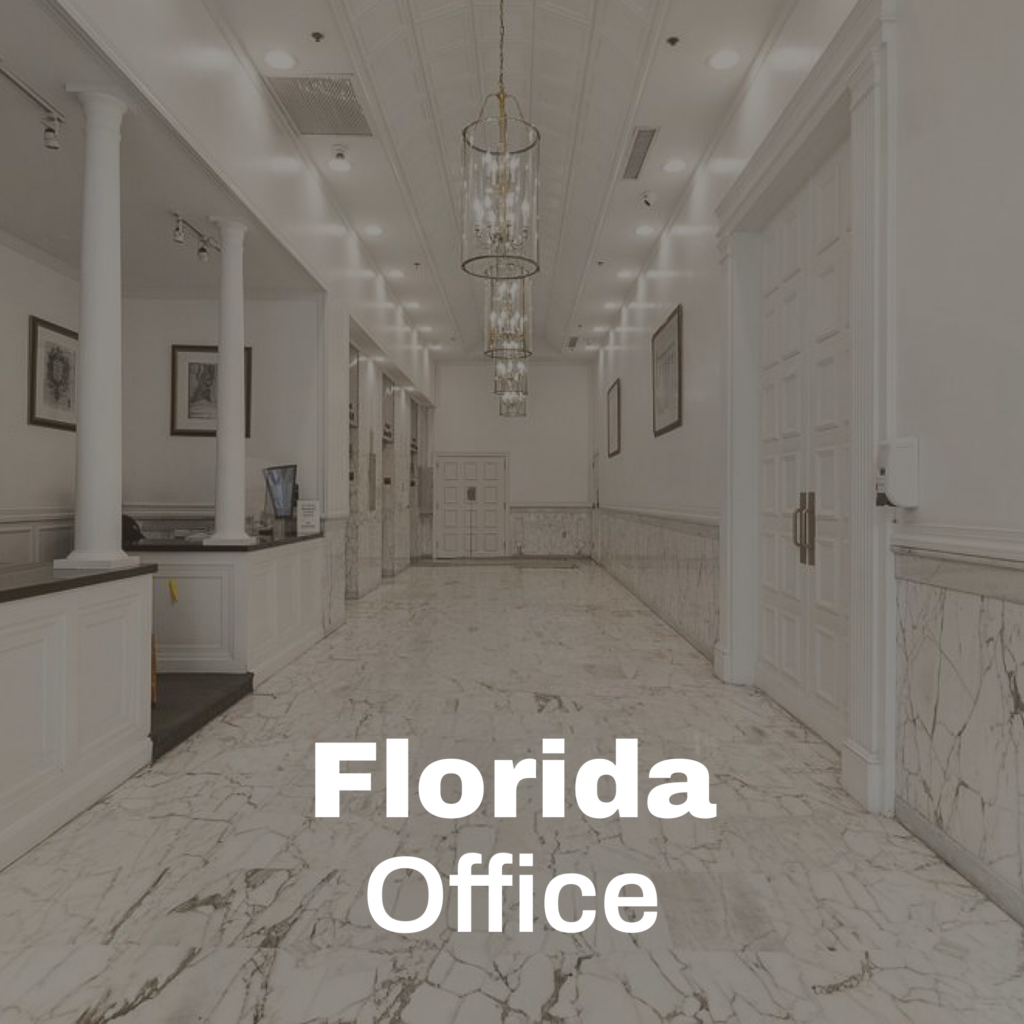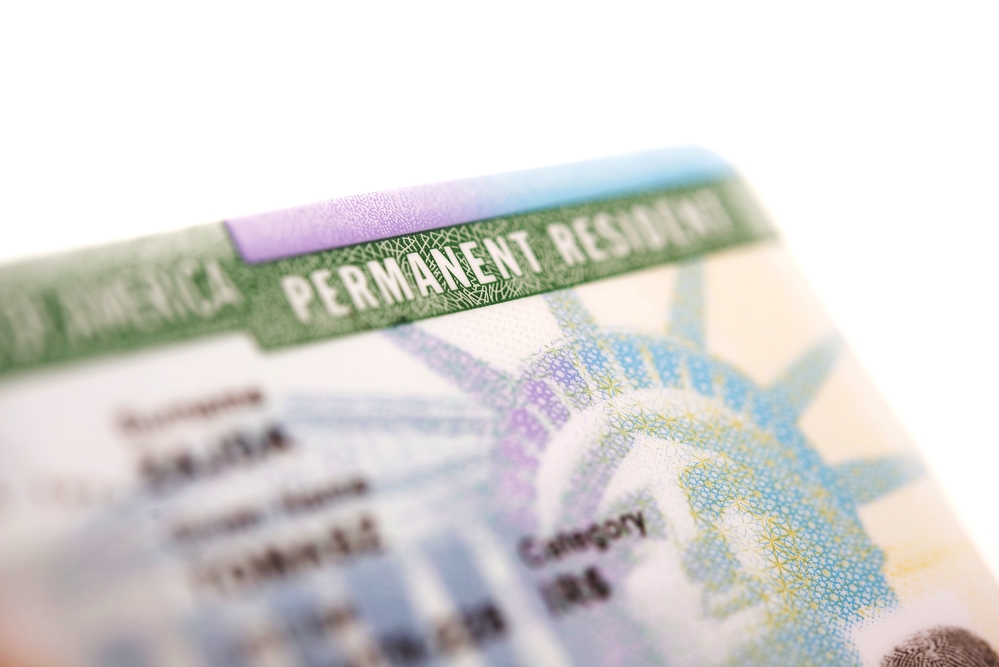
Non-U.S. citizens with “extraordinary ability” in the sciences, arts, education, business, or athletics—as well as non-U.S. citizens with “extraordinary achievement” in the movie or television industry, with national or international recognition for those extraordinary achievements—might be eligible for the O-1 visa. O-1A visas are reserved for those in the sciences, arts, education, business, or athletics, and individuals in the motion picture or television industry
Here are some quick facts about O-1 visas:
- O-1 visas are nonimmigrant visas, meaning they will not directly lead to U.S. citizenship or lawful permanent status.
- The initial length of stay for an O-1 visa is three years, with a chance for unlimited extensions of up to one year.
- Individuals with essential or integral skills directly related to the endeavors of an O-1A or O-1B visa holder may be eligible for an O-2 visa.
- Spouses or children younger than 21 of O-1 or O-2 visa holders may be eligible for O-3 visas, which are subject to the same conditions as O-1 and O-2 visas.
- O-1 visas require a U.S. petitioner, like an employer, agent, or non-U.S. employer through a U.S. agent. In other words, unlike EB visas, O-1 visas are not self-petitioning.
- Since the O visa classification became available in the mid-1990s, the number of O visas issued has dramatically increased. For instance, the number of O visas issued in Fiscal Year 2015 (23,680) was nearly four times the number issued in Fiscal Year 1997. Of the 23,680 O visas issued in 2015, 13,865 were O-1 visas, 5,792 were O-2 visas, and 4,023 were O-3 visas.
U.S. Petitioners must file USCIS Form I-129, Petition for a Nonimmigrant Worker, no more than one year before the O visa holder’s services are needed for the U.S. project. This is a 36-page document that includes evidence supporting the potential visa holder’s extraordinary ability or achievement. The petitioner must also include information about the U.S.-based project for which the visa holder’s services are needed (the itinerary). For more about the supporting evidence needed for an O-1A visa, see our previous blog here; a more detailed explanation of the O-1B prerequisites is available here.
In addition to filing and submitting Form I-129, those interested in obtaining O-1 visa status must also complete a “consultation” with an advisory group. An advisory group can refer to a labor union, group of professionals in the applicable occupation, or management organization, to give three examples. The USCIS seeks an “advisory opinion” from the group affirming the potential visa holder’s extraordinary ability or achievements. The advisory opinion should be submitted to the USCIS in writing.
Extending O-1 Visas
U.S. petitioners must fill out and submit another Form I-129 to the USCIS to extend the O-1 or O-2 visa holder’s stay in the U.S. The petitioner must also submit a copy of the visa holder’s Form I-94 (Arrival/Departure Record) and a statement explaining why an extension is necessary.
RelisLaw PLLC is Ready to Serve You
Our award-winning immigration law firm has deep experience with almost every type of visa, including O visas. Dr. Tamara Relis has practiced law for more than two decades, and the entire team at RelisLaw PLLC is committed to giving every client a positive experience that ultimately yields positive results. Wherever you are in the world, we are here for you. Get in touch with us today to set up a free 10-minute phone consultation.
RelisLaw
Latest posts by RelisLaw (see all)
- Protect Your American Dream: Your Legal Shield in the New Immigration Era - January 23, 2025




